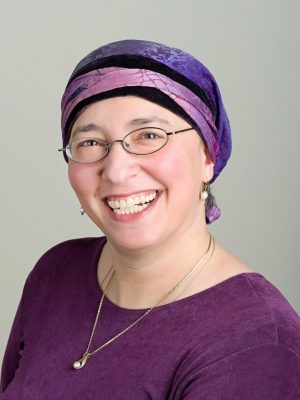Not long after acupuncturist Amy Mager graduated from PCOM, she found herself testifying in front of a committee of Massachusetts legislators. It was a common enough task for Mager, who serves on the boards of both the Acupuncture Society of Massachusetts and the American Society of Acupuncturists.
But something was different this time.
“They were deferential, and they never had been before,” Mager recalls of the meeting.
It was the first time Mager had testified in front of a committee after having earned her transitional Doctorate from PCOM.
“They listened to me in a different way. They spoke to me differently,” she says. “The title matters. Going the extra mile to earn that… changes people’s perception of you.”
The Impact of Advanced Education on Professional Perception
Mager has been practicing acupuncture and traditional Chinese medicine since the late 1980s. She became interested in a holistic and integrative approach to healthcare as she was growing up. Her mother suffered from chronic pain, and Mager herself struggled with various health issues until her early 20s.
“I knew I wanted to do something in medicine that didn’t treat your body like a car,” Mager explains. “When I was 22, it seemed to me that Western medicine treated your body like a car—when the door’s broken, you look at the door.
“I wanted to look at how the hinge was related to the door, and how the hinge was attached to the car,” she continues. “I wanted to look at health through a bigger, more holistic lens.”
That desire led Mager to earn her Master of Science in acupuncture, and Chinese herbal medicine. Since then, she has worked with women from pre-conception through post-partum and men of all ages with pain and intractable illness. She is also a birth educator, birth assistant and lactation counselor. She co-directs a clinic, has a private practice and runs a low-cost community clinic for women identified patients once a week to provide more access to acupuncture.
“In Chinese medicine, there is a saying: Where there is movement, there is no pain,” Mager explains. “My job is to create openings and help people heal. Leonard Bernstein reminds us that it is through the cracks that the light gets in. When people shift their perspectives and see things differently, and experience their pain differently or are in release of pain, then I feel like I’ve done my job.”
Are you interested in becoming a certified acupuncture professional?
Visit the links below to explore our specialized acupuncture programs at a campus near you:
Expanding Expertise: The Pursuit of a Doctorate
As soon as Mager discovered there was an opportunity to earn a regionally accredited doctorate in acupuncture and Chinese medicine, she jumped at the chance.
“There are records of me calling the school every three months to check in, to find out when the program would be offered to students who didn’t graduate from PCOM but had a master’s degree.”
She says the degree boosted her confidence in her own abilities.
“I have tools I didn’t have before in terms of how best to serve my patients, serve my profession, and support other acupuncturists,” she says.
In addition to treating her own patients, Mager also advocates passionately for the role acupuncture can play as a first line of treatment for both acute and chronic pain and illness. She’s worked to help her patients obtain insurance coverage for acupuncture treatment and is the vice chairman of the American Society of Acupuncturists. Mager currently works with her husband, chiropractor Dr. Dan Garfield, at Wellness House Northampton in Massachusetts. They have six children, five of whom were born at home. She also sees patients at the Women’s Wellness Community Style Acupuncture Clinic.
At the heart of all of Mager’s work is her desire to support patients where they are to support them to heal in meaningful ways.
“The question is ‘what am I doing with each person to bring the person in front of me into the dynamic balance that generates life?’” Mager explains.
Featured Posts:
